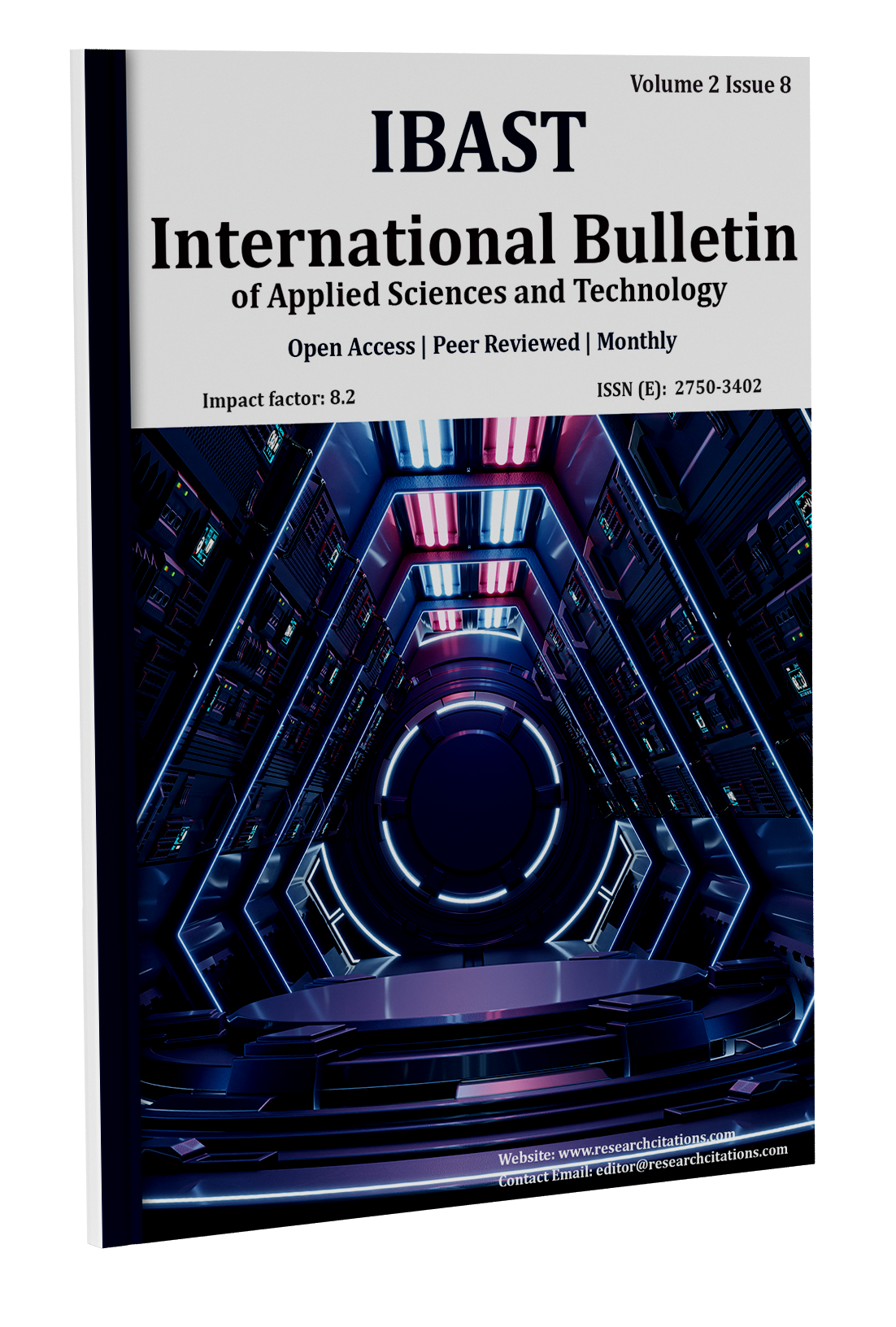DIRECTOR OF SCHOOL NUMBER 76 UNDER THE AUTHORITY OF THE DEPARTMENT OF SCHOOL AND SCHOOL EDUCATION OF SERGELI DISTRICT
Main Article Content
Abstract
The integration of digital technologies into modern education has fundamentally transformed teaching and learning processes. This paper explores the significance of digital tools in enhancing accessibility, promoting personalized learning, improving communication and collaboration, facilitating efficient educational management, supporting lifelong learning, enabling data-driven decision-making, and preparing students for the digital economy. As educational institutions evolve to meet the demands of the 21st century, digital technologies have become essential for delivering equitable, effective, and future-ready education.
Downloads
Article Details
Section

This work is licensed under a Creative Commons Attribution 4.0 International License.
How to Cite
References
Al-Azawei, A., Serenelli, F., & Lundqvist, K. (2016). Universal Design for Learning (UDL): A content analysis of peer-reviewed journal papers from 2012 to 2015. Journal of the Scholarship of Teaching and Learning, 16(3), 39–56. https://doi.org/10.14434/josotl.v16i3.19295
Dhawan, S. (2020). Online Learning: A Panacea in the Time of COVID-19 Crisis. Journal of Educational Technology Systems, 49(1), 5–22. https://doi.org/10.1177/0047239520934018
Ifenthaler, D., & Yau, J. Y.-K. (2020). Utilising learning analytics to support study success in higher education: A systematic review. Educational Technology Research and Development, 68(4), 1961–1990. https://doi.org/10.1007/s11423-020-09788-z
OECD. (2019). Trends Shaping Education 2019. OECD Publishing. https://doi.org/10.1787/trends_edu-2019-en
Pane, J. F., Steiner, E. D., Baird, M. D., & Hamilton, L. S. (2017). Informing Progress: Insights on Personalized Learning Implementation and Effects. RAND Corporation.
Voogt, J., Fisser, P., Good, J., Mishra, P., & Yadav, A. (2015). Computational thinking in compulsory education: Towards an agenda for research and practice. Education and Information Technologies, 20(4), 715–728.
Watson, W. R., & Watson, S. L. (2007). An Argument for Clarity: What are Learning Management Systems, What are They Not, and What Should They Become? TechTrends, 51(2), 28–34.
Yuan, L., & Powell, S. (2013). MOOCs and Open Education: Implications for Higher Education. JISC CETIS.

